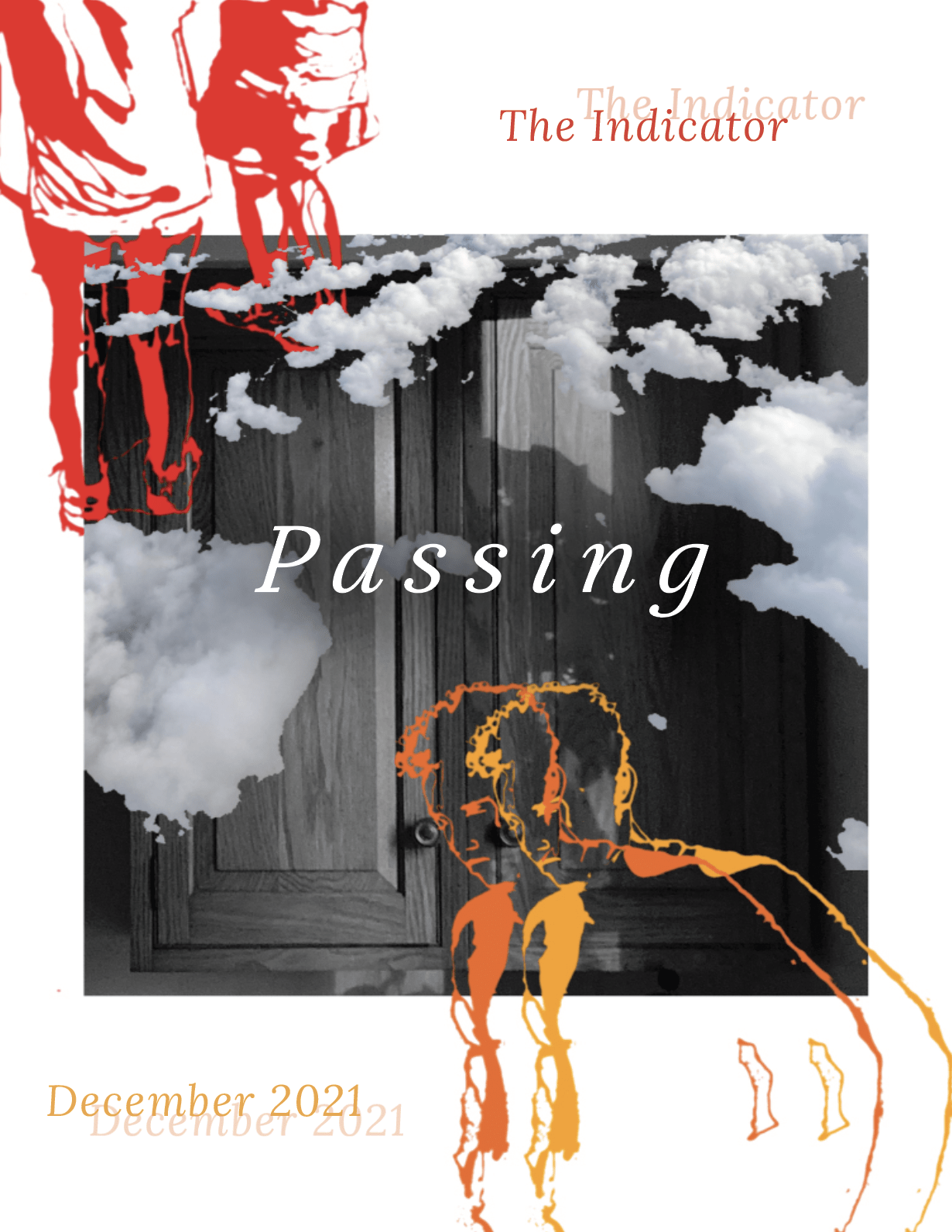Editor’s Note
The term “passing” implies movement – shifts from one state to another. Whether that movement is temporal, spatial, emotional, or psychical, our lives are constituted by these transformative moments. Sometimes, the experiences of passing are subtle and elusive, occurring secretly or even subconsciously. Other times, the shifts are immediately recognized, felt intensely and dramatically, perhaps changing one’s reality forever.
At the opening of one of his poems, Hanif Abdurraqib reads, “My wife says that if you live 20 years/without having to go to a funeral, you are really lucky. …” It’s a simple statement, but one that rings true. While witnessing the passing of someone close to you is nearly guaranteed in life, it would be reductive to ignore that one’s social conditions may significantly influence a person’s exposure to death. Hanif turns the inevitable into a question of when and how much, attempting to trace the intricate threads that arise in moments of grief, loneliness, and solitude that follow experiences of passing.
Solitude, in particular, seems to be an essential aspect to all forms of passing: the passing of life, the passing of a relationship, passing as another identity, passing up an opportunity. Often that solitude feels like loss, even in instances where, in the strict sense of the word, it isn’t. Many of these pieces are interested in pursuing that feeling: exploring our relationship to what we feel we’re losing or have lost, and the moments in which solitude transforms into something other than loss.
That said, many of these pieces are heavy, and we hope you, as the reader, respect both yourself and the pieces by coming to the page when you are in a place emotionally and intellectually that can fully receive it. We hope you find each read rewarding.
Kalidas Shanti & Hannah Zhang Class of 2022
Editors-in-Chief
Cover Art by Maeve Brammer ’22
mrbrammer22@amherst.edu
